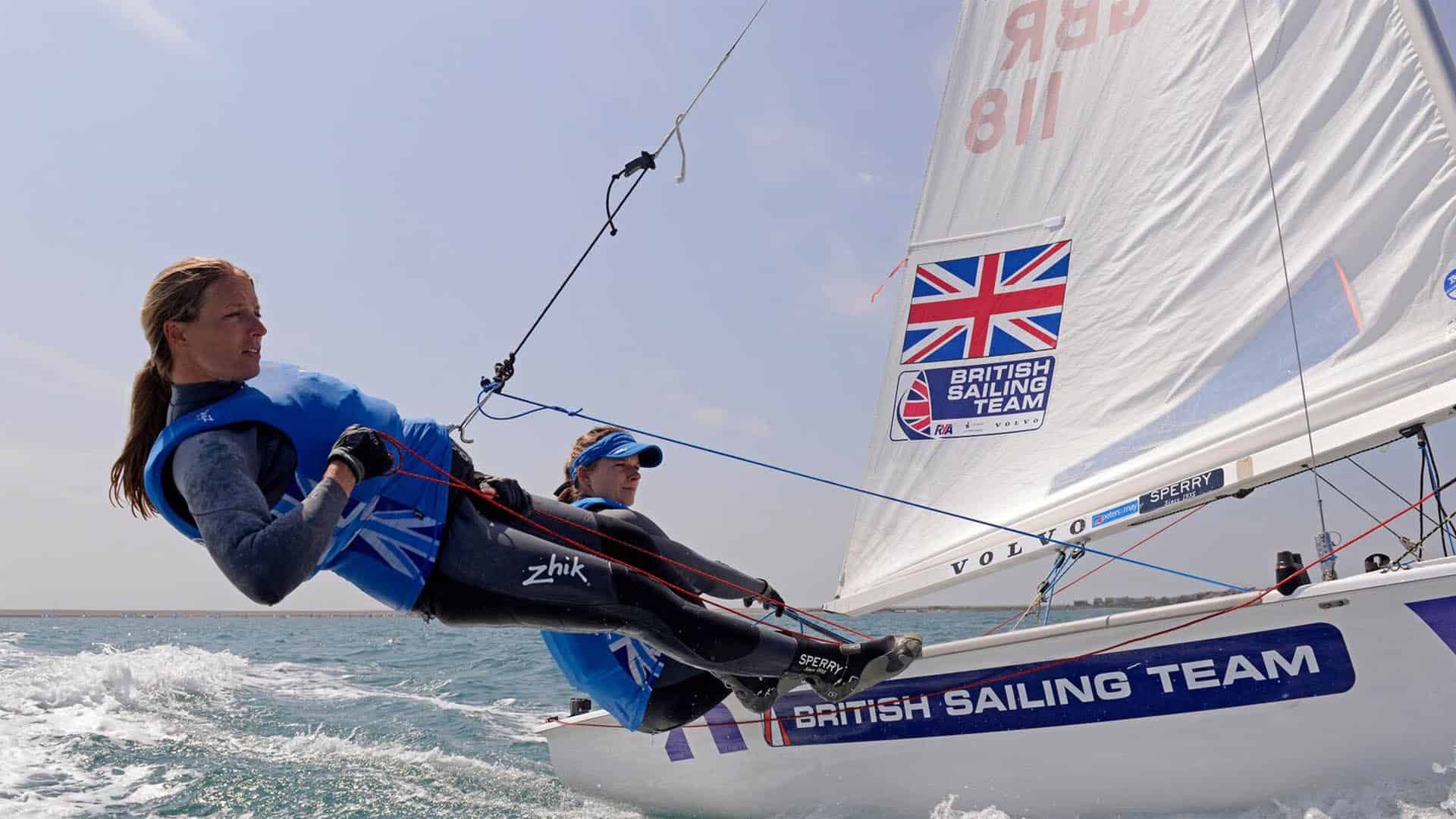
Nautical sports have a rich history and offer thrilling experiences on the water. From sailing to windsurfing, these activities attract enthusiasts worldwide. But what makes them so captivating? Nautical sports combine physical skill, mental strategy, and a deep connection with nature. Whether you're navigating a sailboat or riding the waves on a surfboard, the sea challenges and rewards in equal measure. Nautical sports also foster a sense of community, bringing people together to share their love for the ocean. Ready to dive into the world of nautical sports? Here are 20 fascinating facts that will make you appreciate these water-based adventures even more.
Key Takeaways:
- Nautical sports like sailing, surfing, diving, and rowing have fascinating histories and offer thrilling experiences on the water. From ancient origins to modern-day competitions, these sports connect people to the sea in exciting ways.
- Whether it's riding the waves on a surfboard, exploring underwater worlds while diving, or mastering the art of rowing, nautical sports offer a unique blend of adventure, skill, and connection to nature. These activities have deep historical roots and continue to captivate enthusiasts around the world.
The Thrill of Nautical Sports
Nautical sports offer excitement, adventure, and a connection to nature. Whether you're sailing, surfing, or diving, there's something for everyone. Let's dive into some fascinating facts about these water-based activities.
Sailing: Mastering the Wind
Sailing is one of the oldest and most popular nautical sports. It requires skill, knowledge, and a love for the sea.
- Sailing dates back to ancient Egypt. The first known sailboats were used on the Nile River around 4000 BCE.
- The America's Cup is the oldest international sporting trophy. Established in 1851, it remains a prestigious sailing competition.
- Sailing was included in the Olympics in 1900. It has been a part of the Summer Games ever since, except for 1904.
- Sailboats can travel faster than the wind. By harnessing wind power efficiently, modern sailboats can achieve impressive speeds.
- The largest sailing yacht is the Black Pearl. Measuring 106.7 meters, it features three masts and advanced technology.
Surfing: Riding the Waves
Surfing is a thrilling sport that involves riding waves on a surfboard. It has a rich history and a vibrant culture.
- Surfing originated in Polynesia. Ancient Polynesians were the first to ride waves on wooden boards.
- Duke Kahanamoku popularized surfing in the 20th century. Known as the "Father of Modern Surfing," he introduced the sport to the world.
- The largest wave ever surfed was 100 feet. Garrett McNamara set this record in Nazaré, Portugal, in 2011.
- Surfing became an Olympic sport in 2020. It made its debut at the Tokyo Summer Games.
- The longest surf ride lasted over 3 hours. Panamanian surfer Gary Saavedra rode a wave created by a boat on the Panama Canal.
Diving: Exploring the Depths
Diving allows adventurers to explore underwater worlds, from coral reefs to shipwrecks. It's a sport that combines skill and curiosity.
- Scuba diving was invented in 1943. Jacques Cousteau and Émile Gagnan developed the first successful open-circuit scuba system.
- The Great Barrier Reef is a top diving destination. Located in Australia, it is the world's largest coral reef system.
- The deepest scuba dive reached 1,090 feet. Ahmed Gabr set this record in the Red Sea in 2014.
- Free diving relies on breath-holding. Unlike scuba diving, free divers descend without breathing apparatus.
- Diving with sharks is a popular activity. Many divers seek the thrill of encountering these majestic creatures in their natural habitat.
Rowing: Strength and Endurance
Rowing is a demanding sport that tests physical strength and teamwork. It has a long history and remains a popular competitive activity.
- Rowing dates back to ancient Egypt and Greece. Early civilizations used rowing for transportation and warfare.
- The Oxford-Cambridge Boat Race began in 1829. This annual event on the River Thames is a highlight of the rowing calendar.
- Rowing was included in the first modern Olympics. It has been a part of the Games since 1896, except for 1896 and 1900.
- The longest rowing race is the Atlantic Challenge. Teams row 3,000 miles across the Atlantic Ocean from the Canary Islands to Antigua.
- Indoor rowing is a growing sport. Rowing machines allow athletes to train and compete indoors, making the sport accessible year-round.
Sailing into the Sunset
Nautical sports offer a thrilling mix of adventure, skill, and connection with nature. From the adrenaline rush of sailing to the strategic depth of yacht racing, there's something for everyone. These activities not only challenge your physical abilities but also sharpen your mental acuity. Whether you're a seasoned sailor or a curious newbie, the world of nautical sports is vast and welcoming.
Remember, safety first! Always check weather conditions, wear appropriate gear, and never underestimate the power of the sea. With these tips in mind, you're ready to dive into your next aquatic adventure. So grab your gear, gather your crew, and set sail. The ocean awaits, full of endless possibilities and unforgettable experiences. Happy sailing!
Frequently Asked Questions
Was this page helpful?
Our commitment to delivering trustworthy and engaging content is at the heart of what we do. Each fact on our site is contributed by real users like you, bringing a wealth of diverse insights and information. To ensure the highest standards of accuracy and reliability, our dedicated editors meticulously review each submission. This process guarantees that the facts we share are not only fascinating but also credible. Trust in our commitment to quality and authenticity as you explore and learn with us.
